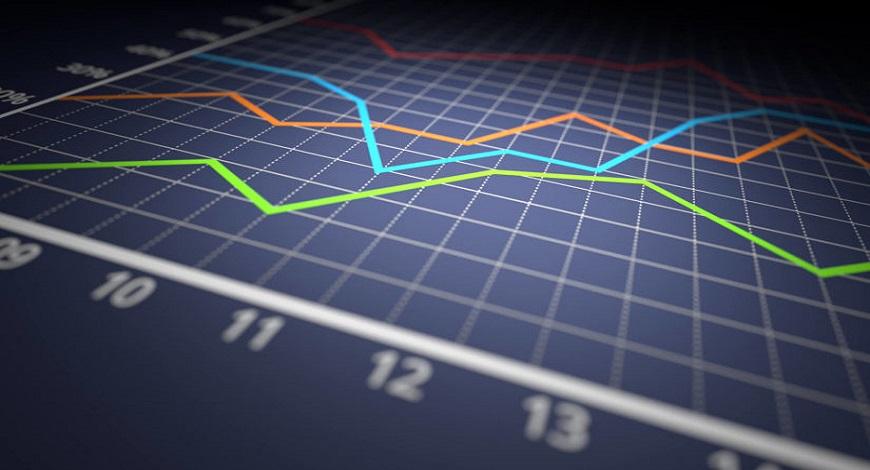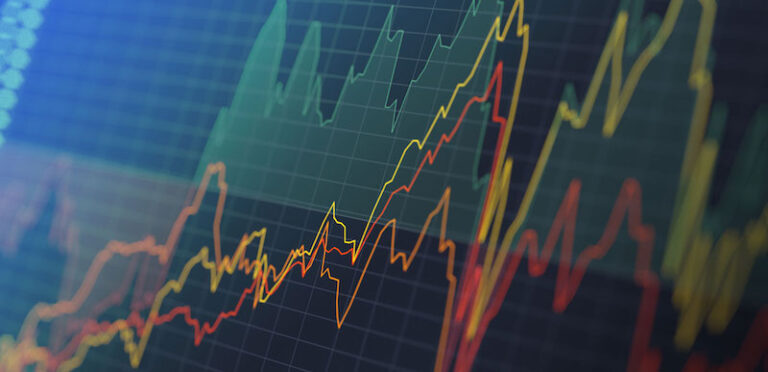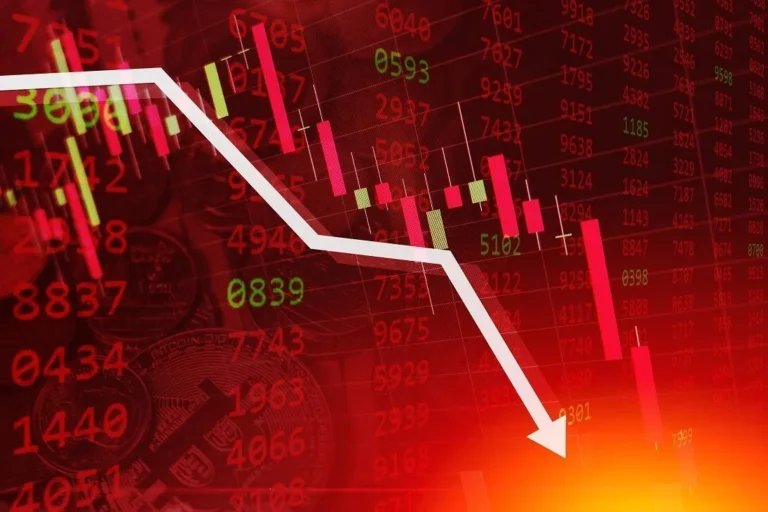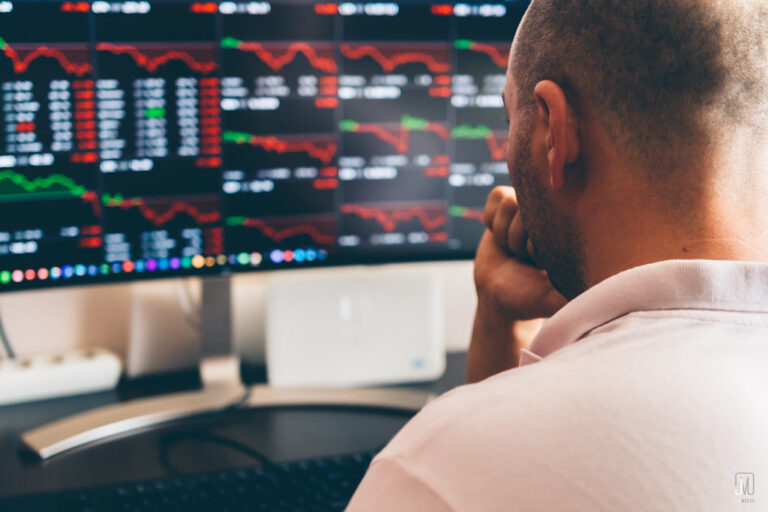How Much Money Do You Need to Start Trading?
Trading is an exciting way to grow wealth, but many beginners wonder, “How much money do I need to start?” The answer depends on various factors like the type of trading, your financial goals, risk tolerance, and the platform you choose. Let’s break it down step by step so you can determine the right amount for your trading journey.
Understanding Different Types of Trading
The amount you need depends largely on what kind of trading you plan to do. Here are the most common types:
1. Stock Trading
Stock trading involves buying and selling shares of companies. Some brokers allow you to start with as little as $100, but ideally, you should have at least $500–$1,000 to take advantage of diversification and risk management.
2. Forex Trading
The foreign exchange (forex) market is highly liquid and allows trading with small amounts. Thanks to leverage, you can start with as little as $50–$100, but a realistic starting capital of $500–$1,000 is better for managing risk effectively.
3. Options Trading
Options trading requires a more significant initial investment. Some brokers may allow you to start with $200–$500, but having at least $2,000–$5,000 is recommended to manage risks and take advantage of different strategies.
4. Futures Trading
Futures trading involves contracts that require larger capital. Most brokers have minimum deposit requirements of around $5,000–$10,000. If you’re serious about futures, starting with at least $10,000 is advisable.
5. Cryptocurrency Trading
Crypto markets are accessible with low capital. Many exchanges let you trade with as little as $10–$50. However, to see meaningful returns and manage risks effectively, starting with at least $500–$1,000 is ideal.
Factors That Determine Your Starting Capital
Your trading capital isn’t just about the minimum deposit. You should consider:
1. Broker and Platform Requirements
Different brokers have different account minimums. Some brokers, like Robinhood and Webull, allow commission-free trading with no minimum deposit, while others require at least $500–$1,000.
2. Risk Tolerance
If you are risk-averse, starting with a larger capital is better to allow for small losses while still maintaining control over your trades. A lower budget can limit your ability to diversify.
3. Leverage Availability
Leverage allows you to trade with borrowed money, reducing the amount needed to start. However, it also increases risk, so beginners should use leverage cautiously.
4. Trading Strategy
Day traders need more capital due to frequent transactions, while long-term investors can start with smaller amounts. Your strategy dictates how much money you should have.
5. Regulatory Requirements
Some markets, like the U.S. stock market, require day traders to maintain a minimum balance of $25,000 if they make more than four trades in five days.
How to Start Trading on a Budget
If you have limited funds, here’s how you can get started:
- Choose a commission-free broker like Robinhood or eToro to avoid high fees.
- Start with fractional shares, which allow you to buy small portions of expensive stocks.
- Practice with a demo account before investing real money.
- Stick to a risk management strategy to avoid losing everything in one bad trade.
Conclusion
The amount of money you need to start trading depends on your chosen market, strategy, and risk tolerance. While some forms of trading allow you to start with as little as $10, a realistic starting budget for most traders is around $500–$2,000. Always start small, gain experience, and increase your investment gradually as you build confidence.
FAQs
1. Can I start trading with $100?
Yes, you can, especially in forex or crypto trading. However, your options will be limited, and you’ll need to manage risk carefully.
2. What is the best market to start trading with low capital?
Forex and cryptocurrency markets are the best for small budgets due to low minimum deposit requirements and high liquidity.
3. How much money do I need for day trading?
For stocks, at least $25,000 is required to avoid pattern day trading restrictions in the U.S. For forex or crypto, you can start with $500–$1,000.
4. Is trading risky for beginners?
Yes, all trading involves risk. That’s why it’s crucial to start with a demo account and never invest more than you can afford to lose.
5. Can I trade without any money?
Some brokers offer demo accounts with virtual money, allowing you to practice trading strategies without financial risk.





